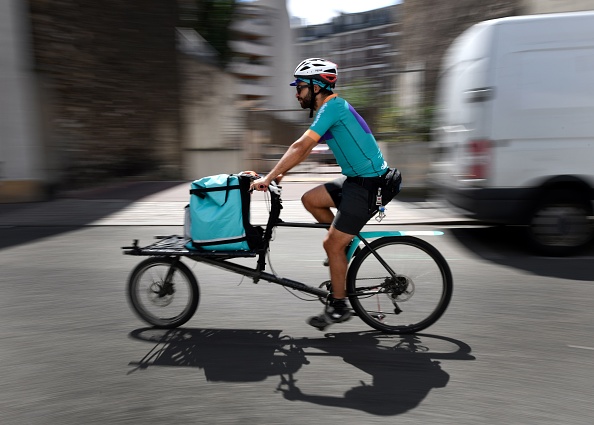A third of gig economy couriers and delivery drivers have no savings

Around 30 per cent of gig economy drivers, riders and couriers across Europe had no savings in the first half of 2021.
Almost half of the 10,000 workers surveyed had experienced a claimable event such as an accident. Of these, only 12 per cent had actually made a claim and 69 per cent had a negative experience when claiming, according to data from Collective Benefits show, shared with City A.M. this evening.
A further 58 per cent of respondents had less than £1,500 in savings, a significantly lower amount than the national average of £6,767.
As a result, independent workers are turning towards insurance protections to provide a financial safety net. 83 per cent of workers would be interested in sick pay, and 80 per cent said they would be interested in accident and injury pay.
Anthony Beilin, co-founder and CEO of Collective Benefits, said “a lot more needs to be done” to close “the protection gap currently faced by these workers”.
Call for more protection
Oxford University’s Fairwork Foundation last month called for more protections for gig economy workers in the UK.
Researchers found most platforms “failed to ensure many minimum standards of fair work”, with Bolt, Ola and Amazon Flex among the worst employers.
A separate analysis of Office for National Statistics data by Collective Benefits estimated 6.6m people make up the UK’s independent workforce.
The news comes as four major European gig economy companies on Tuesday launched a new project to influence new EU regulations on platform companies.
The European Purpose Project is comprised of Glovo, Delivery Hero, Wolt and Bolt and will present recommendations to governments in Europe seeking to regulate the industry.